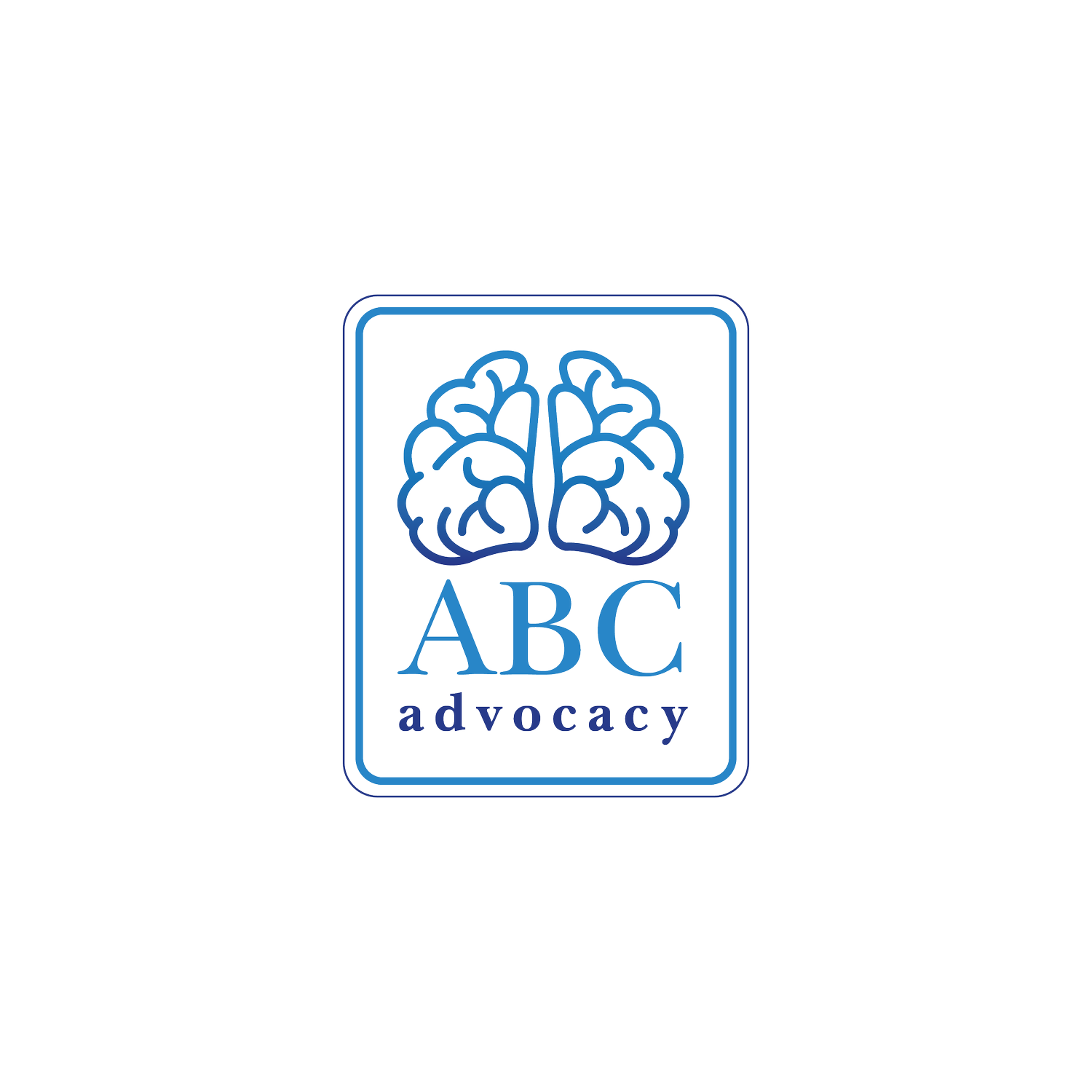Background
Reaching developmental and emotional milestones, acquiring positive social skills, and learning how to deal with challenges are all part of growing up mentally well. According to the Centers for Disease Control and Prevention, children who are mentally healthy enjoy life more and are better able to thrive at home, at school, and in their communities.
Serious deviations from how kids generally learn, behave, or manage their emotions are referred to as mental disorders in children. These deviations create distress and make daily tasks difficult. Many kids periodically suffer anxiety, worry, or act out in disruptive ways. The CDC has discussed other negative ways in which children suffer from ill mental health. The child may be diagnosed with a mental condition if their symptoms are severe, persistent, and interfere with their ability to perform at play, at home, or at school.
Although protective factors like devoted parents, secure schools, and supportive peer relationships can help lower the risk of mental disorders,current research issues a dire warning that significant obstacles like stigma and a lack of funding are keeping far too many kids from enjoying good mental health or getting the help they require.

